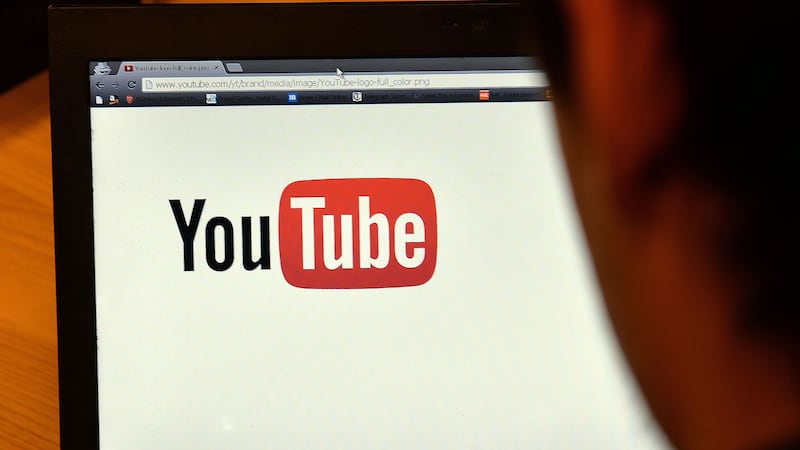Popular videos on YouTube providing medical information about prostate cancer pose potential health risks to patients, scientists have warned.
Many people turn to the Internet in search of more details concerning health issues, with YouTube a prime location for explainer-type and advice videos.
But research has found that 77% of the 150 most-viewed videos on the site relating to the disease contained factual errors or biased content, in either the video or its comments section.
The study, conducted by New York University’s School of Medicine and its Perlmutter Cancer Center, found that while three quarters of videos fully described the benefits of some treatments, only about half (53%) gave enough detail about the potential harms and side effects.
“Our study shows that people really need to be wary of many YouTube videos on prostate cancer,” said Stacy Loeb, study senior investigator and urologist, who published the findings in the journal European Urology.
“There is valuable information available in them, but people need to check the source to make sure it’s credible and to beware of how quickly videos become outdated as care guidelines constantly evolve with the science.”

Largely unproven alternative or complimentary therapies were recommended in 19% of videos, with one case promoting “injecting herbs” into the prostate, which scientists warn is potentially harmful and not backed up by medical evidence.
Dr Loeb admitted that the number of videos on YouTube makes it impractical for medical experts to continually review, but urged medical professionals and viewers to use the reporting feature to alert the Google-owned video sharing platform about any misleading information they notice.
Reputable sources should also be pointed out by medical care providers, Dr Loeb added.
“We are a company committed to access to information, but it’s not anything goes on YouTube,” a spokeswoman for YouTube said.
“We’ve created Community Guidelines that set the rules of the road for what we don’t allow. When flagged videos are in violation of our policies, we will remove them. Video that is found to not violate our guidelines will remain on the site.”








